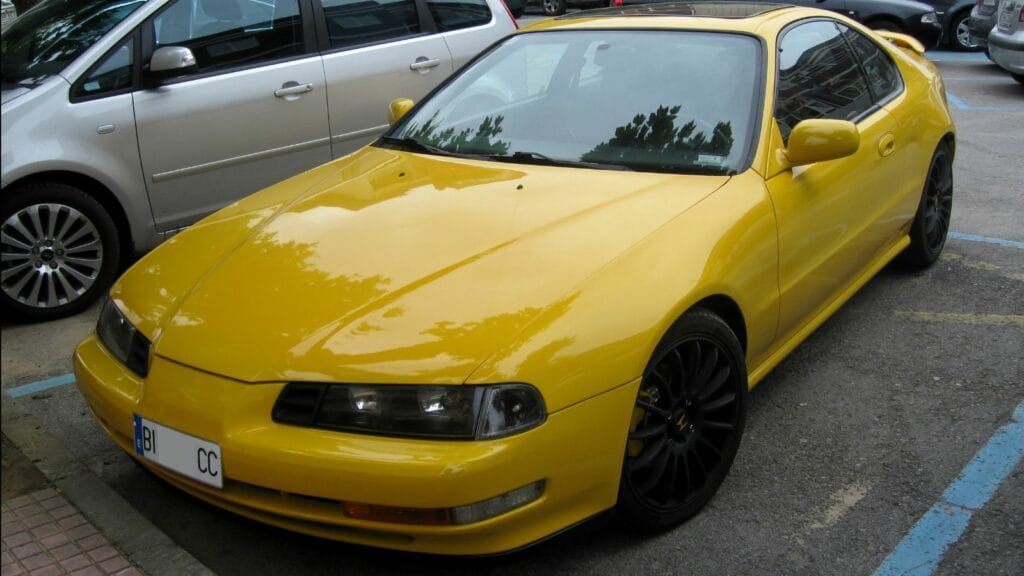Honda has always been a brand that punches far above its weight. For decades, the company has delivered cars that were reliable, practical, and innovative, but also fun and memorable. Some Hondas became legends because they redefined what a family car could be, while others stunned the world by challenging European sports cars. Canadians in particular hold the brand close, with the Civic dominating sales for years and SUVs like the CR-V and Pilot becoming staples of suburban life. Here are twenty Honda models that became legendary for very different reasons, expanded with more detail about why they mattered and what they still mean to North American drivers.
Honda Civic (1973–Present)
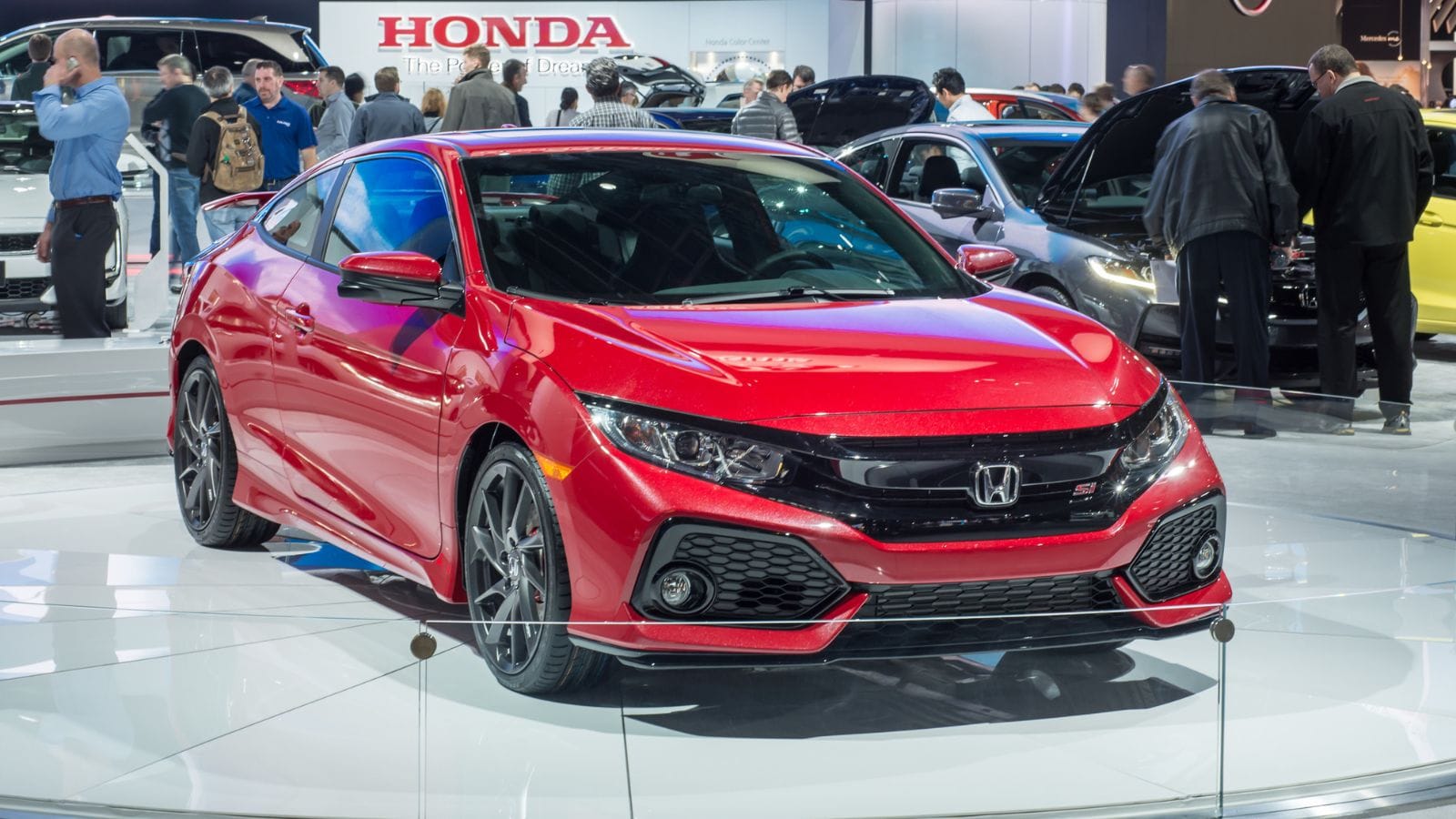
The Civic’s story is almost unmatched in Canada. Since the 1970s, it has been a go-to commuter that handled brutal winters, endless highway commutes, and city traffic with ease. The 1990s and early 2000s generations in particular were beloved because they were cheap to buy, cheap to run, and tough enough to survive salt, snow, and abuse. In Canada, the Civic became so ingrained in culture that it topped sales charts for decades, making it more than just a car — it was part of growing up.
Honda Accord (1976–Present)
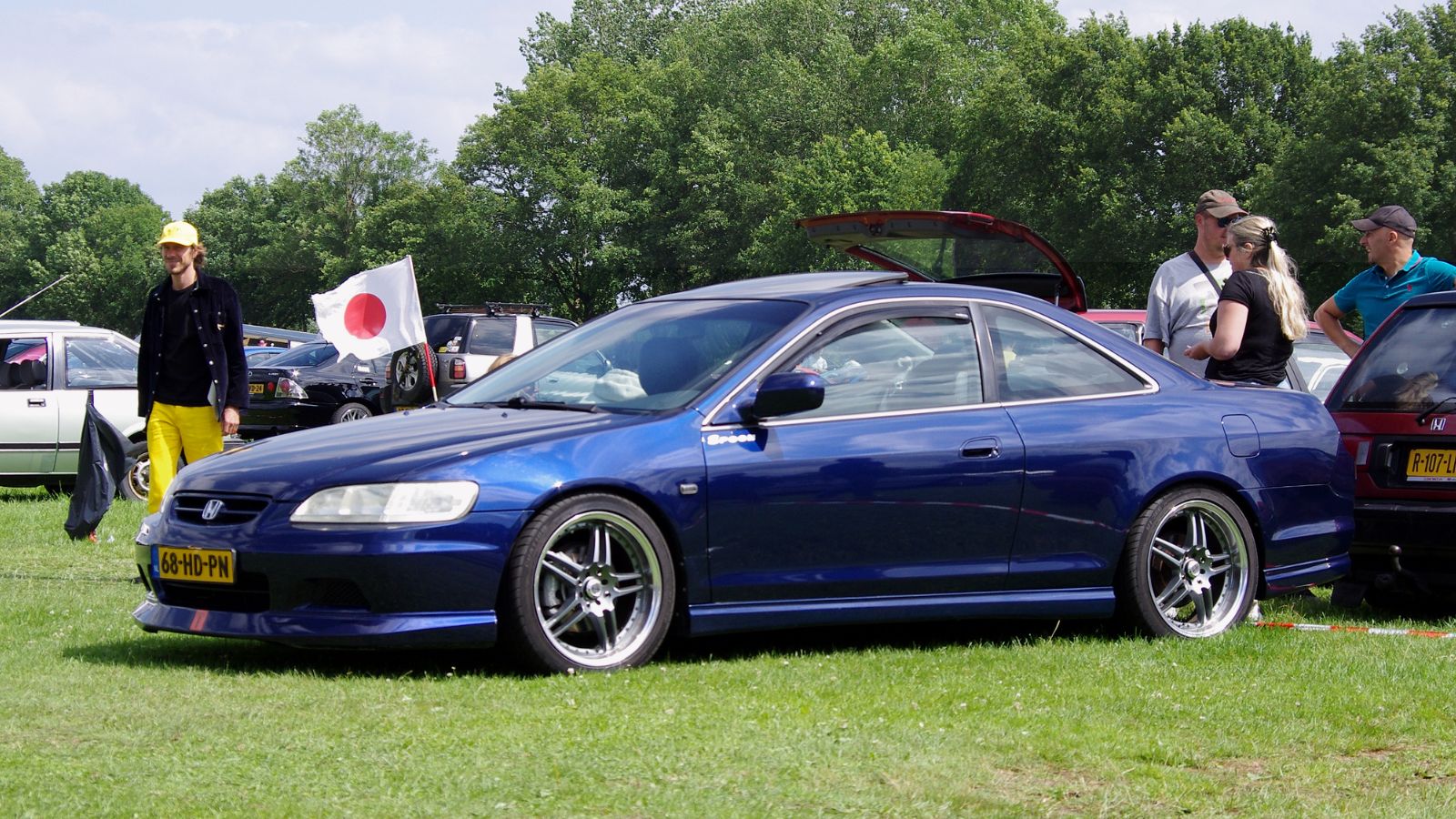
The Accord proved Honda could build more than small hatchbacks. It brought refinement and long-distance comfort while still being reliable. Canadians saw it as a car that blended family practicality with a touch of class. The early Accords from the 1980s and 1990s built reputations for racking up massive mileage with little more than oil changes. Later V6-powered coupes added excitement, making the Accord a car that wore many hats.
Honda S2000 (1999–2009)
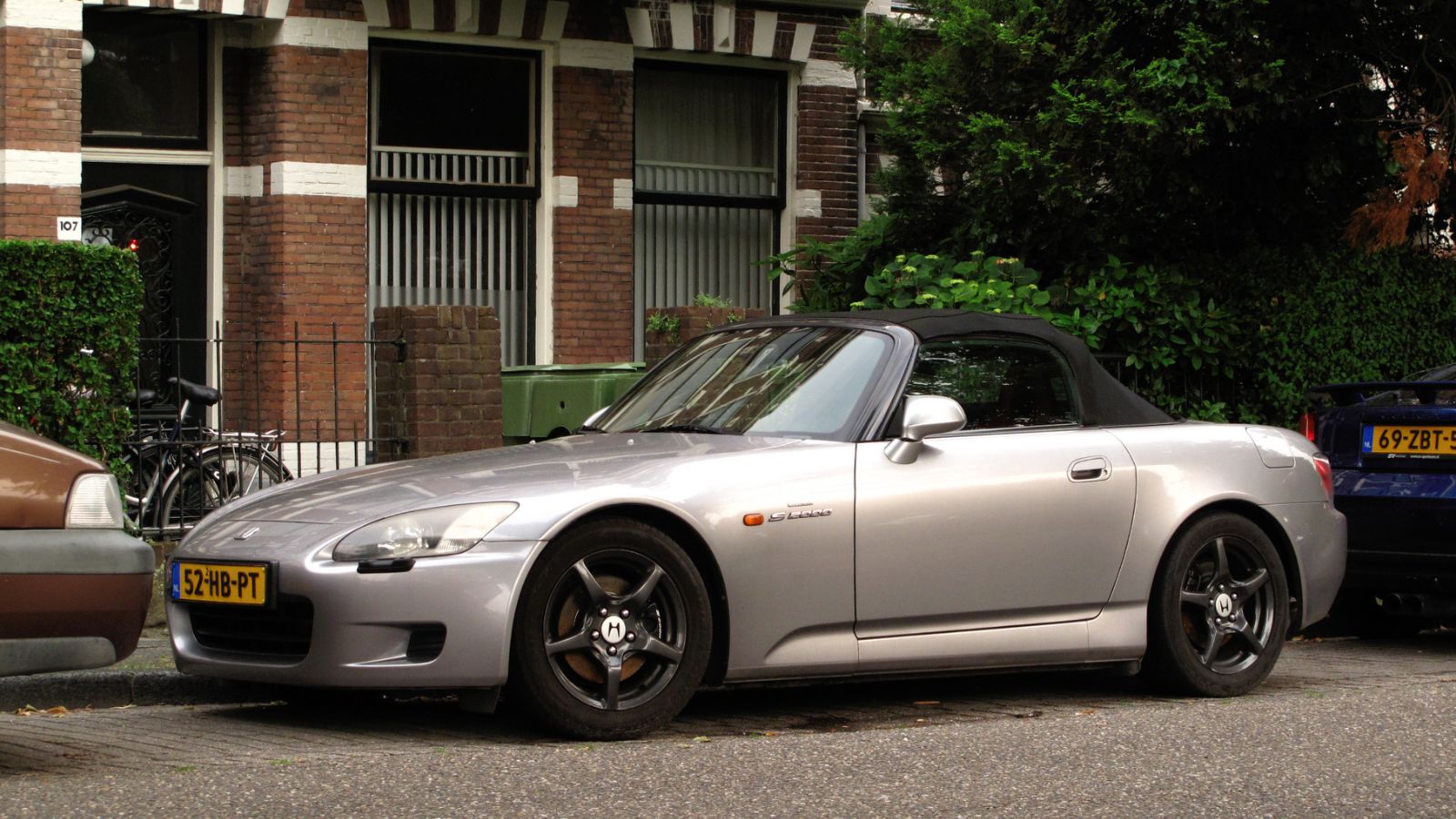
The S2000 is one of the crown jewels of Honda’s performance lineup. With its screaming 2.0-liter engine that revved to 9,000 rpm, it delivered thrills usually reserved for exotic brands. Despite its performance, it was still reliable enough to daily drive, a rare balance in the sports car world. In Canada, the S2000 was a cherished summer car, often stored carefully in winters, and is now climbing rapidly in value as enthusiasts realize just how special it was.
Honda CRX (1983–1991)
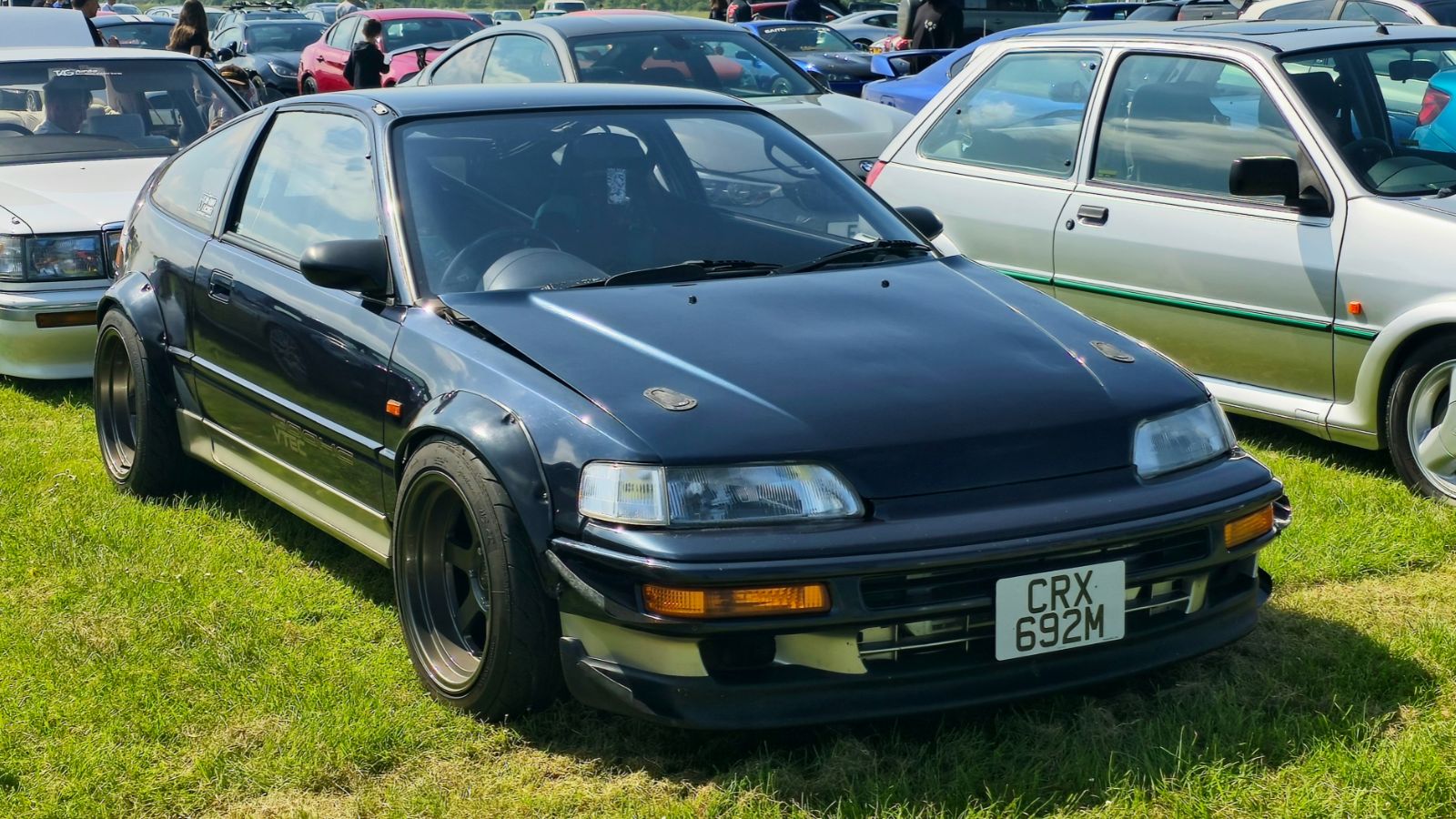
The CRX was tiny, light, and efficient but also a blast to drive. Its aerodynamic shape made it fuel efficient long before hybrids existed, yet the Si models gave you genuine sporty fun in a package anyone could afford. Canadian drivers loved them for their economy during tough fuel-price years and their surprising ability to take abuse. Many were driven until they rusted away, but for those who still find one today, the CRX is a time capsule of simple Honda magic.
Honda Integra Type R (1997–2001 in North America)
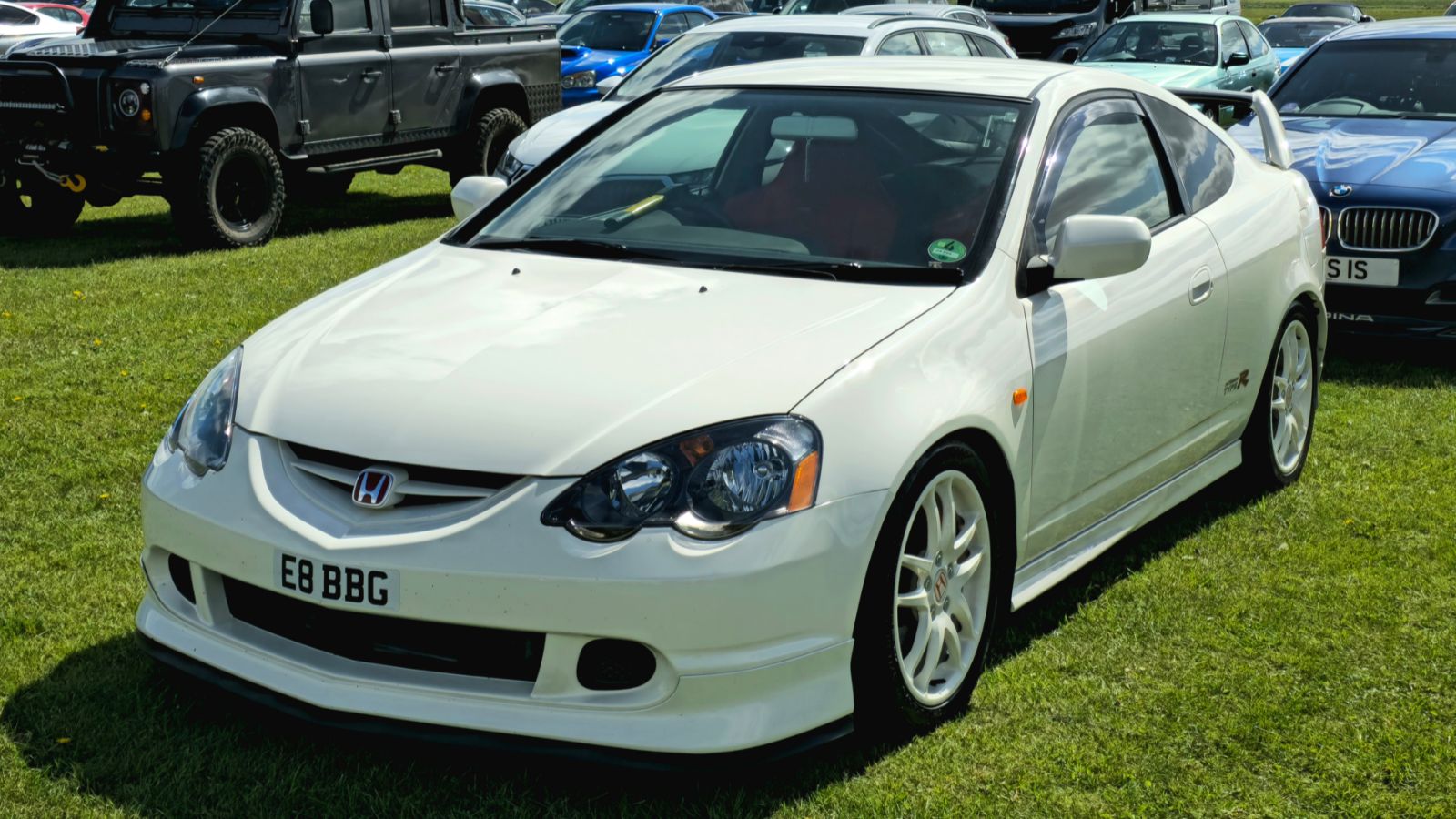
Often described as the best front-wheel-drive car ever made, the Integra Type R became a legend because of its purity. Lightweight, razor-sharp handling, and a high-revving VTEC engine made it a track-ready machine straight from the factory. Canadians and Americans snapped them up, and now they are collector’s items commanding massive prices. What makes it legendary isn’t just performance but how it made drivers feel like heroes behind the wheel.
Honda NSX (1990–2005)
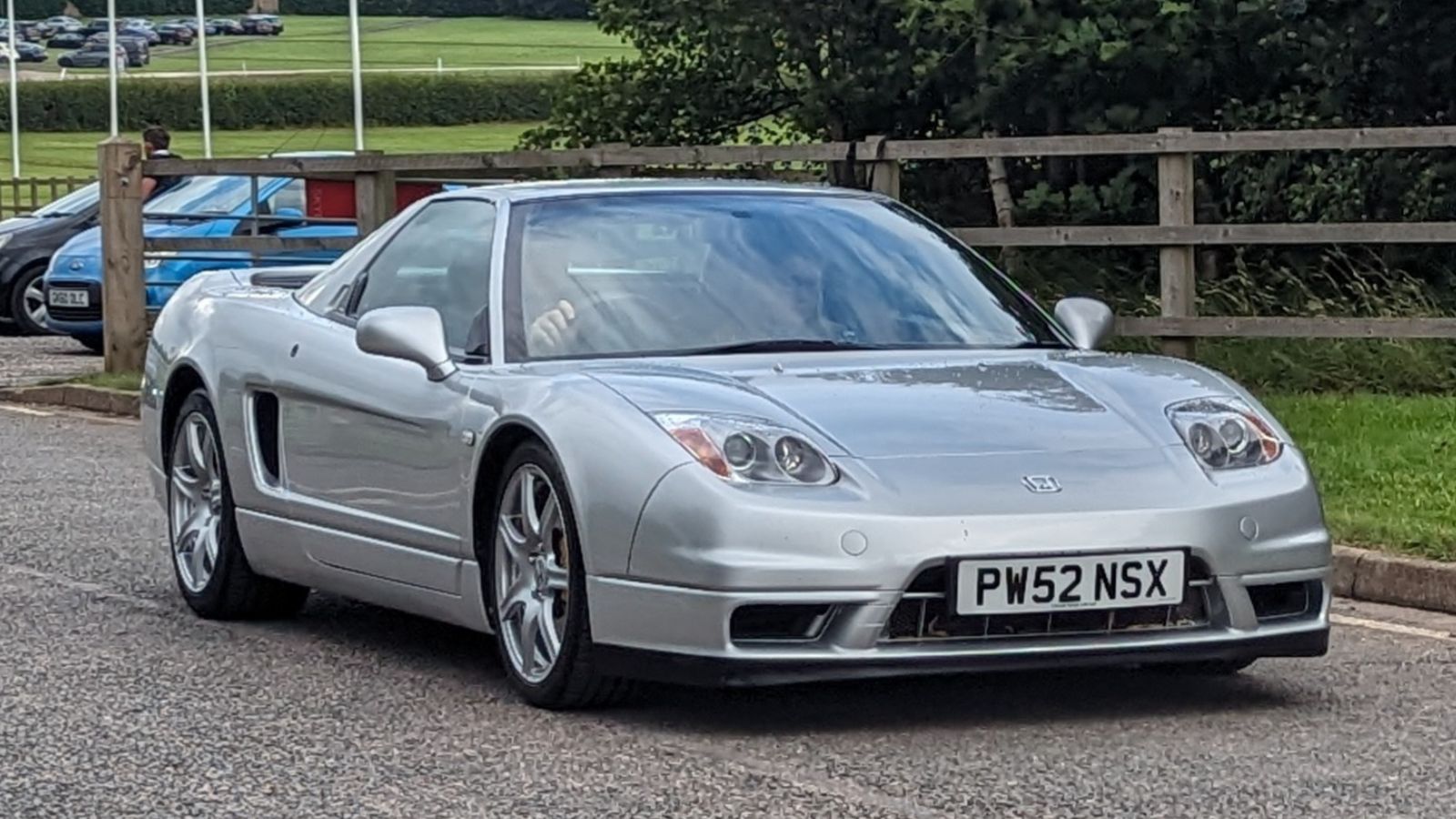
When Honda released the NSX, it shook up the entire supercar world. Here was a Japanese exotic with Ferrari-like looks, mid-engine balance, and a screaming V6 — but with Honda reliability. Ayrton Senna helped tune the chassis, giving it credibility that no one expected. In North America, the NSX made buyers rethink what a supercar could be. Canadians who wanted something exotic but dependable finally had their dream fulfilled.
Honda Odyssey (1994–Present)
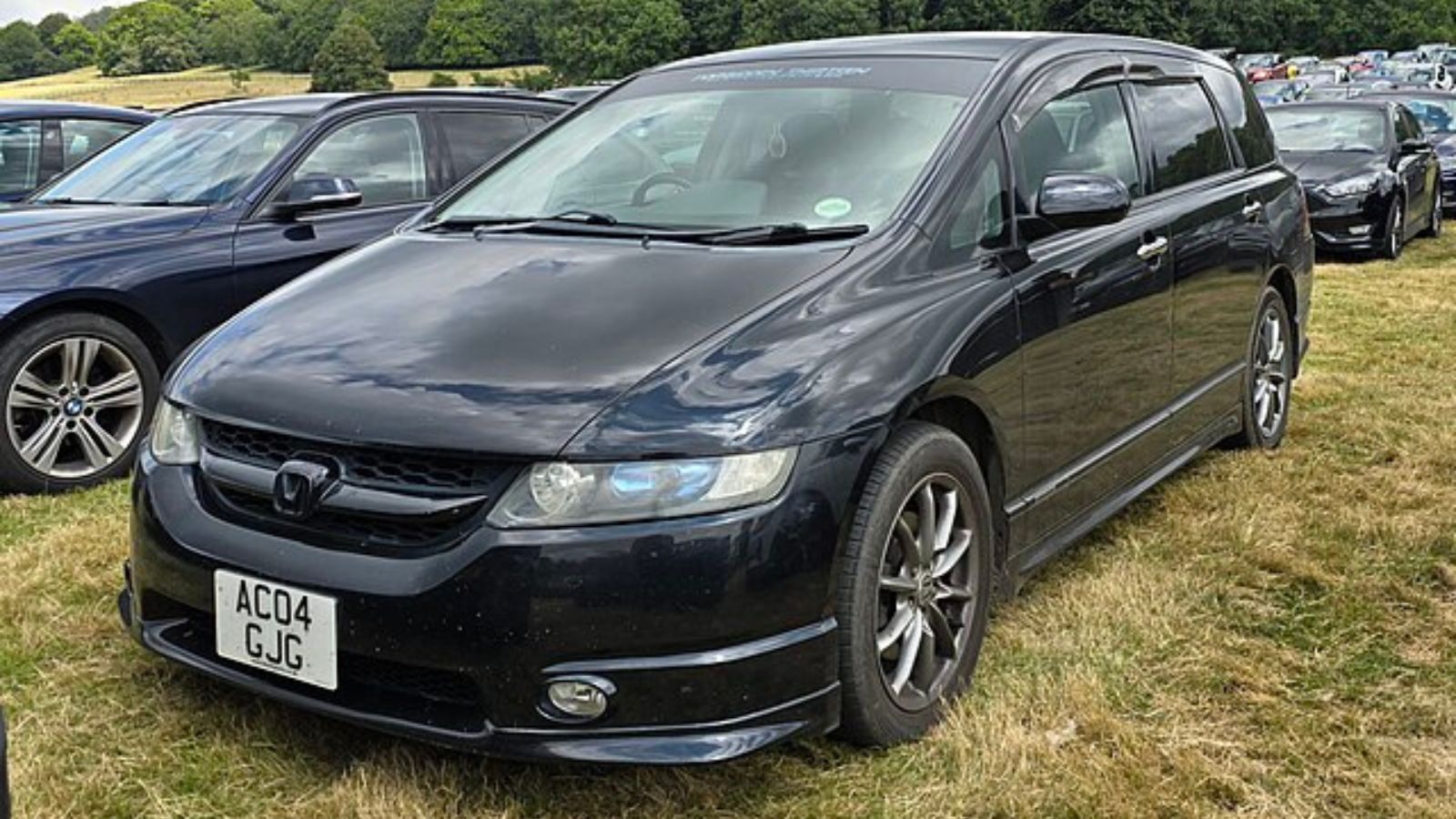
The Odyssey may not stir the soul like an NSX, but it became legendary in its own way. For families, the Odyssey redefined what a minivan could be. Comfortable, reliable, and full of clever touches, it was the car that carried Canadian families on long road trips, to hockey practice, and across snowy highways. Generations of kids grew up in the back of an Odyssey, giving it a cultural presence as strong as any sports car.
Honda Element (2003–2011)
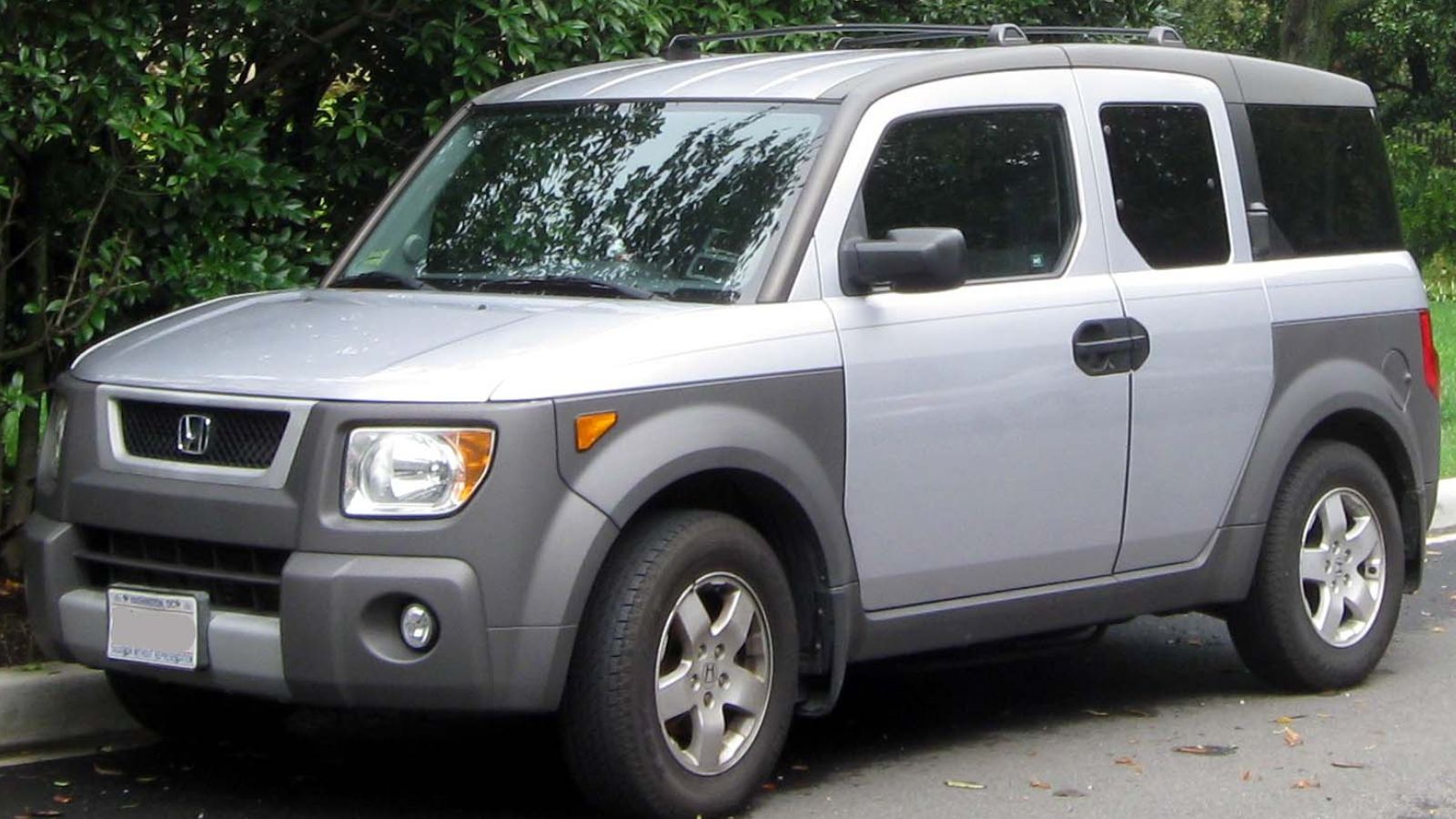
Boxy, quirky, and completely unique, the Honda Element was designed for active lifestyles. Its rear clamshell doors, washable interior, and massive practicality made it beloved by pet owners, campers, and families. In Canada, where rugged, versatile vehicles are always appreciated, the Element became a cult hero. Even years after discontinuation, demand for used Elements remains strong, showing how far ahead of its time it was.
Honda Fit (2001–Present)
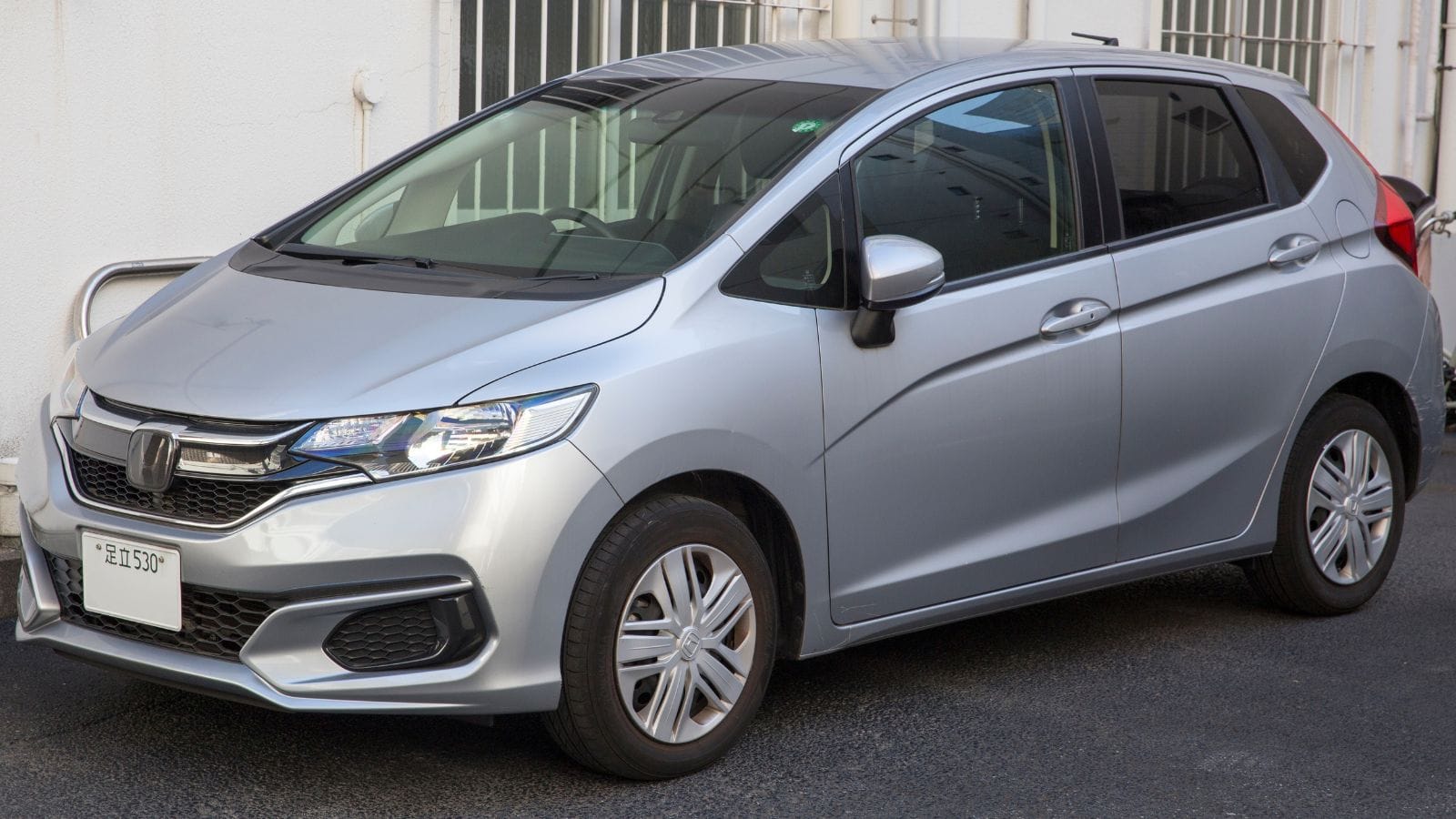
The Fit (known as the Jazz elsewhere) proved that small cars could be shockingly practical. Its “Magic Seat” system allowed the rear seats to fold completely flat or flip up to carry tall items, giving it cargo space that embarrassed larger cars. Canadian city dwellers embraced the Fit for its maneuverability and fuel efficiency. For students, young professionals, and even retirees, it was the definition of a smart buy that made life easier.
Honda Ridgeline (2006–Present)
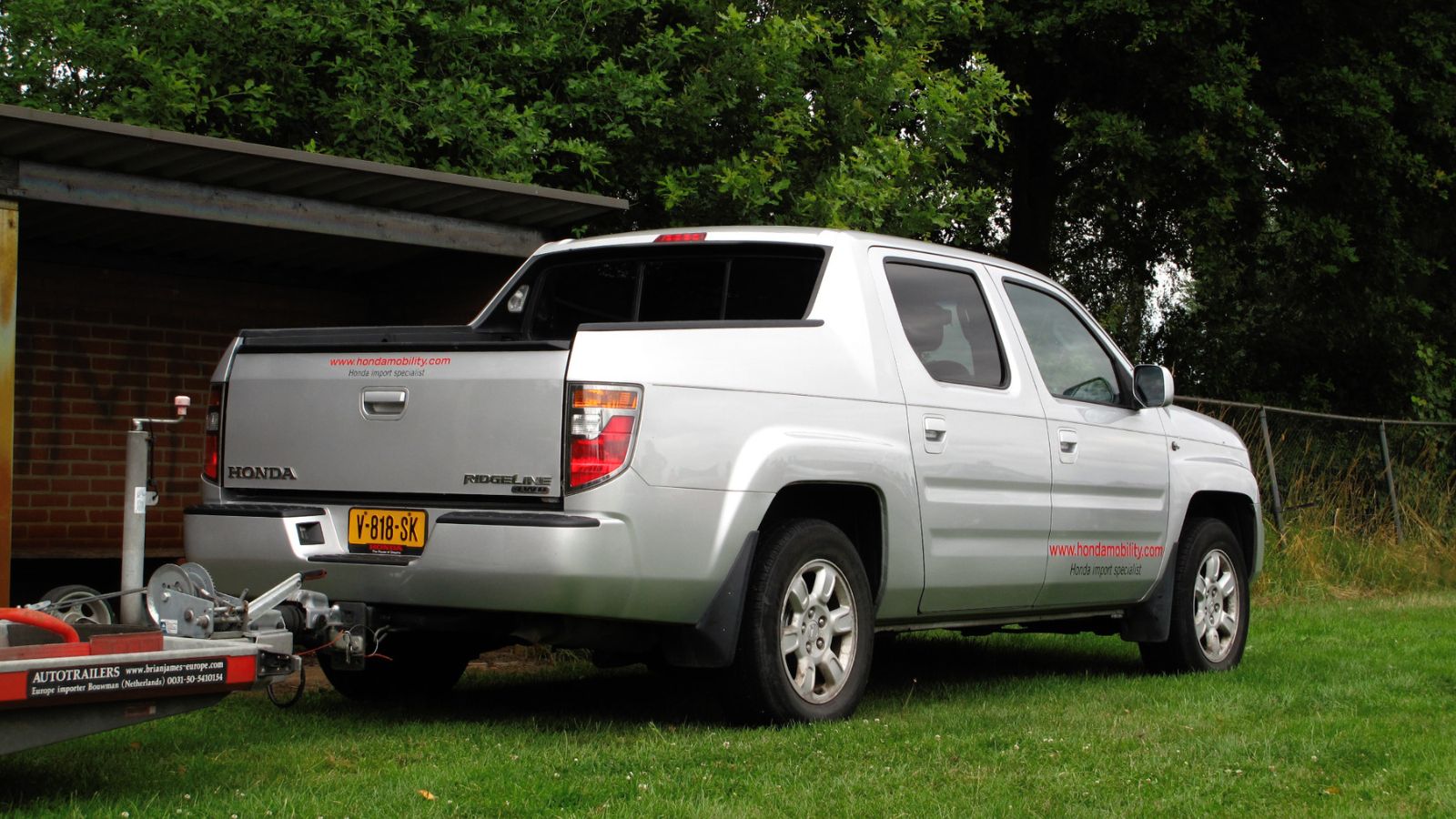
Honda’s entry into the truck market was unconventional, but the Ridgeline found its fans. Instead of copying domestic pickups, it used a unibody platform for smoother ride quality and offered unique features like an in-bed trunk and dual-action tailgate. While some traditional truck buyers scoffed, many Canadians appreciated its practicality and comfort for everyday life. For those who didn’t need heavy towing but wanted a truck bed, the Ridgeline became a smart alternative.
Honda Passport (1993–2002, 2019–Present)
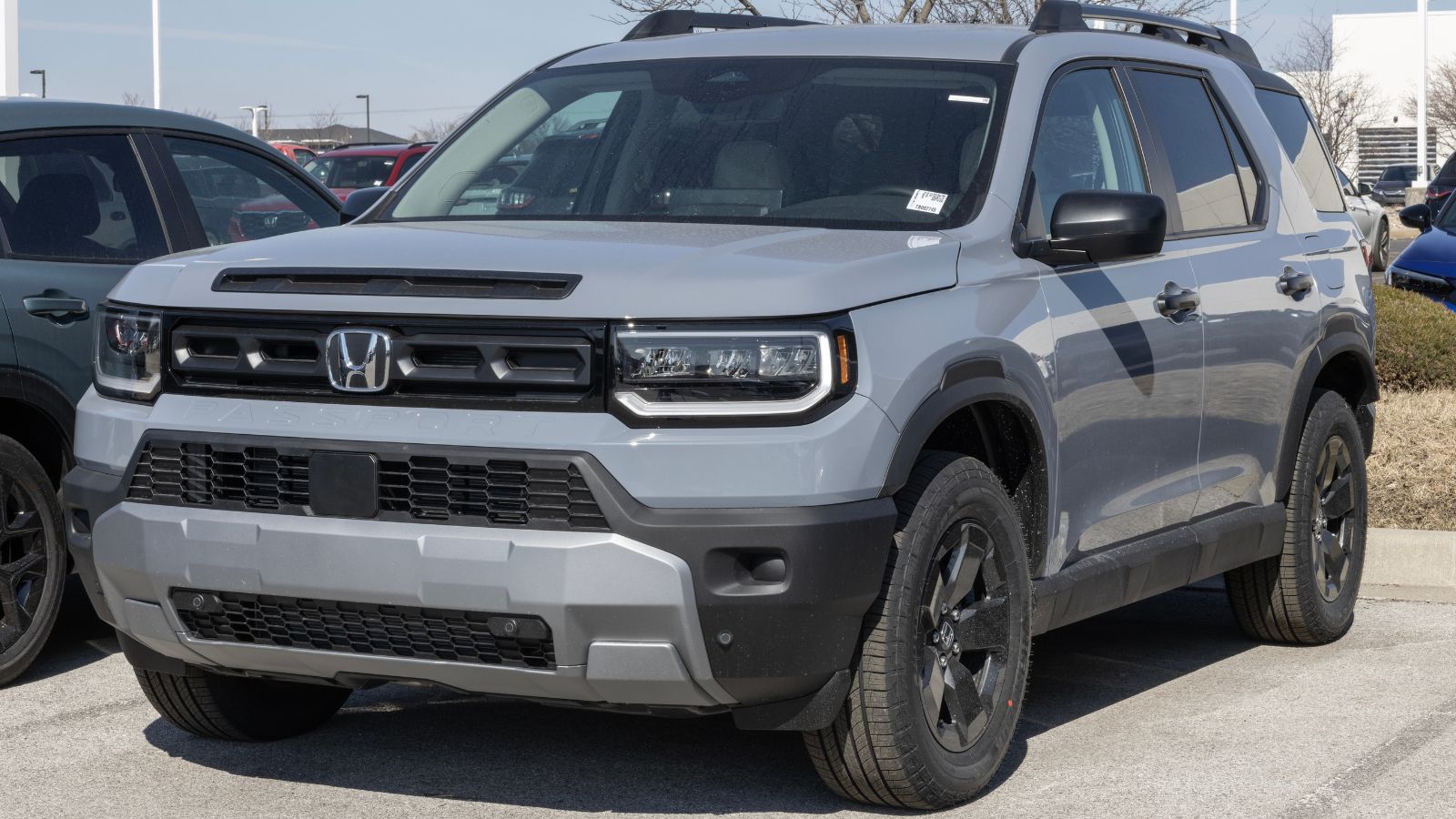
The original Passport was a rebadged Isuzu, but its reintroduction in 2019 gave Canadians a midsize SUV with rugged appeal. Positioned between the CR-V and Pilot, it filled a gap for buyers who wanted Honda reliability in a slightly more adventurous package. While not as iconic as other models, it shows Honda’s ability to adapt to SUV-hungry markets.
Honda Pilot (2002–Present)
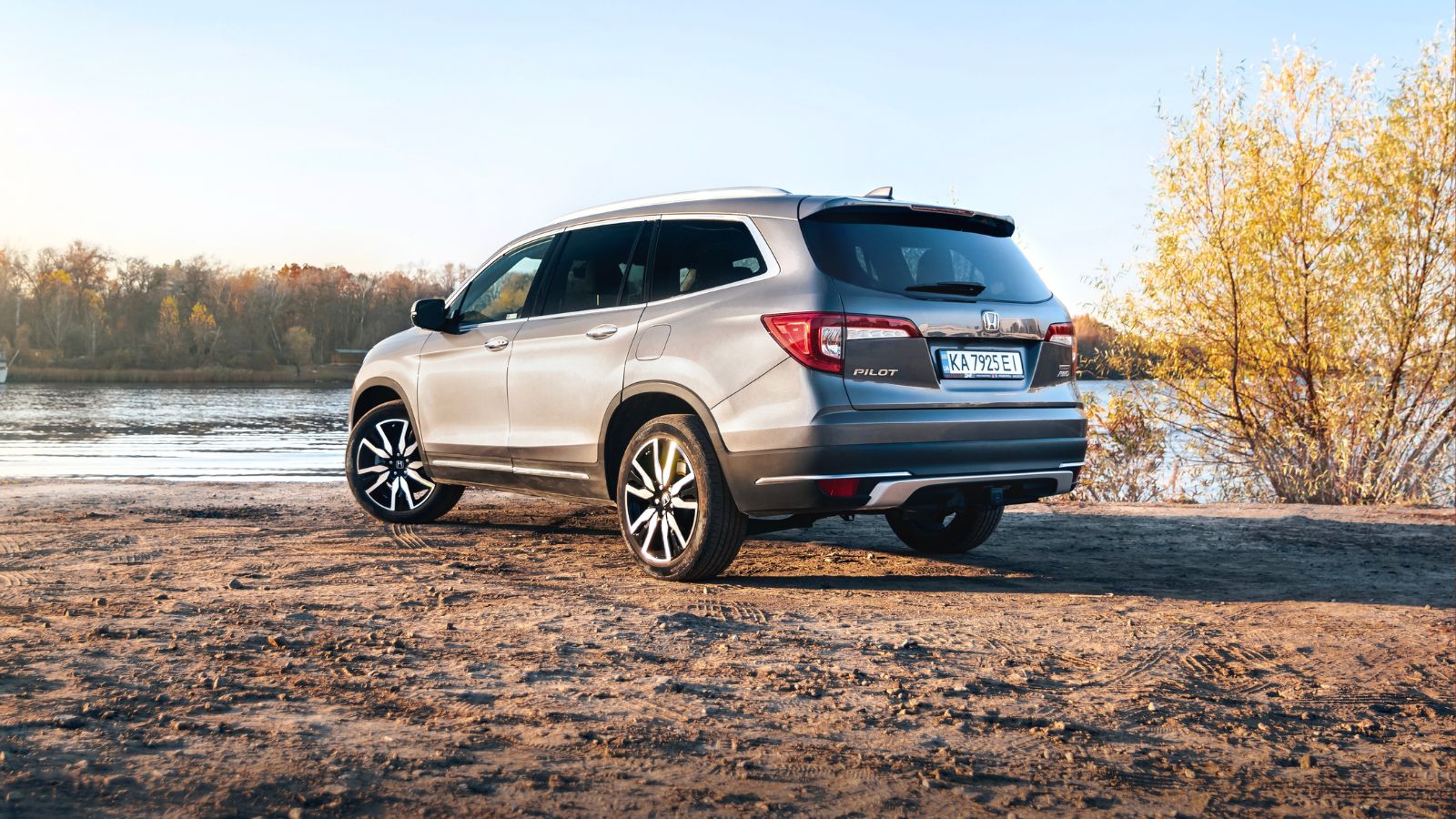
The Pilot gave Canadian families a big, three-row SUV that still had Honda’s DNA of reliability and efficiency. It quickly became a staple in suburban driveways. Known for comfort and dependability, the Pilot has carried families across provinces and through snowy highways for over two decades, cementing its place in Honda history.
Honda Del Sol (1992–1998)
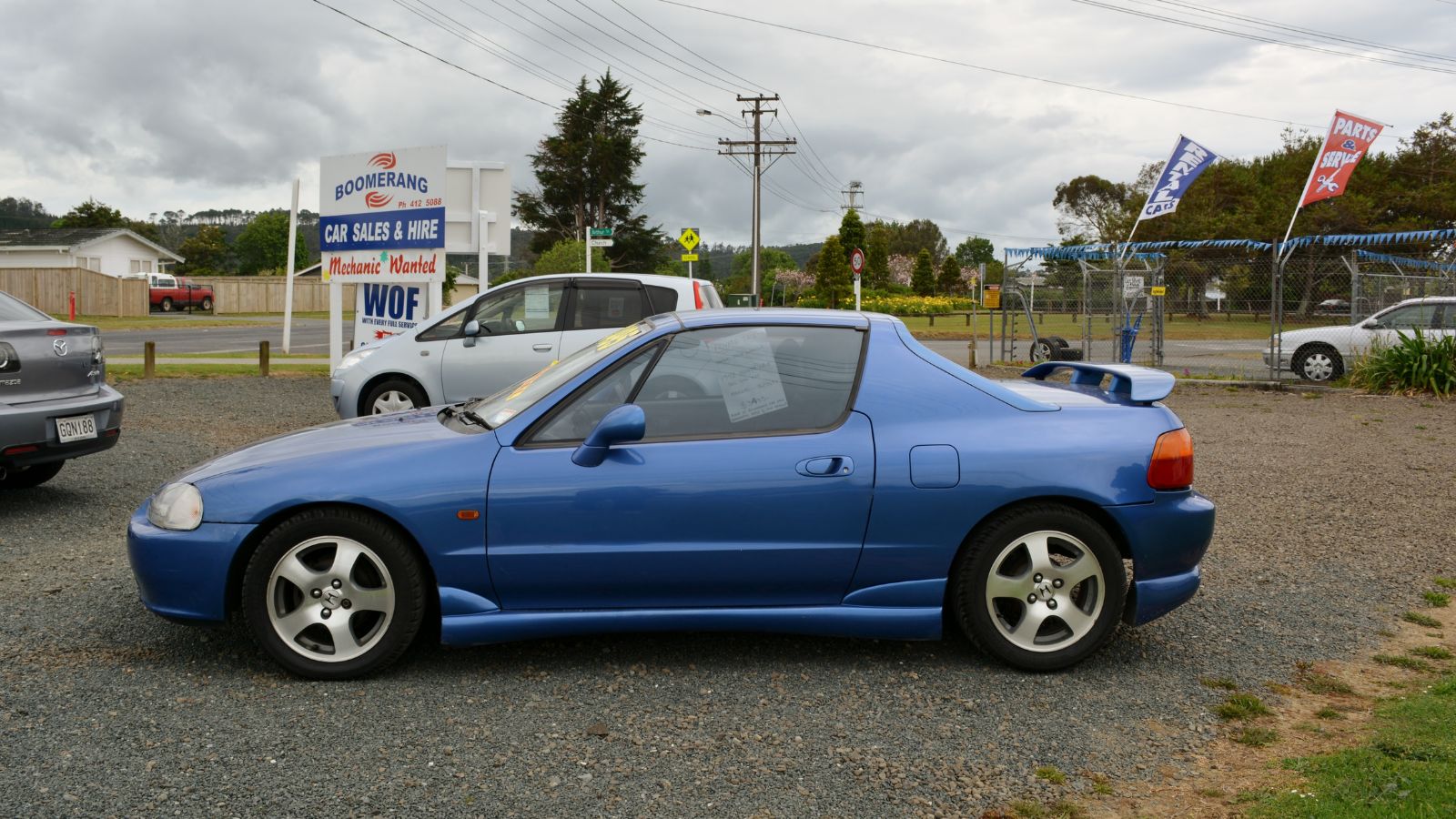
The quirky Del Sol was based on the Civic but gave buyers a fun targa-top convertible experience. While not the most powerful car, it had playful handling and offered something different in the 1990s Honda lineup. Canadians loved it as an affordable way to enjoy summer top-down driving with Honda dependability. Today, it has a small but loyal fan base who appreciate its uniqueness.
Honda Civic Type R (2017–Present)
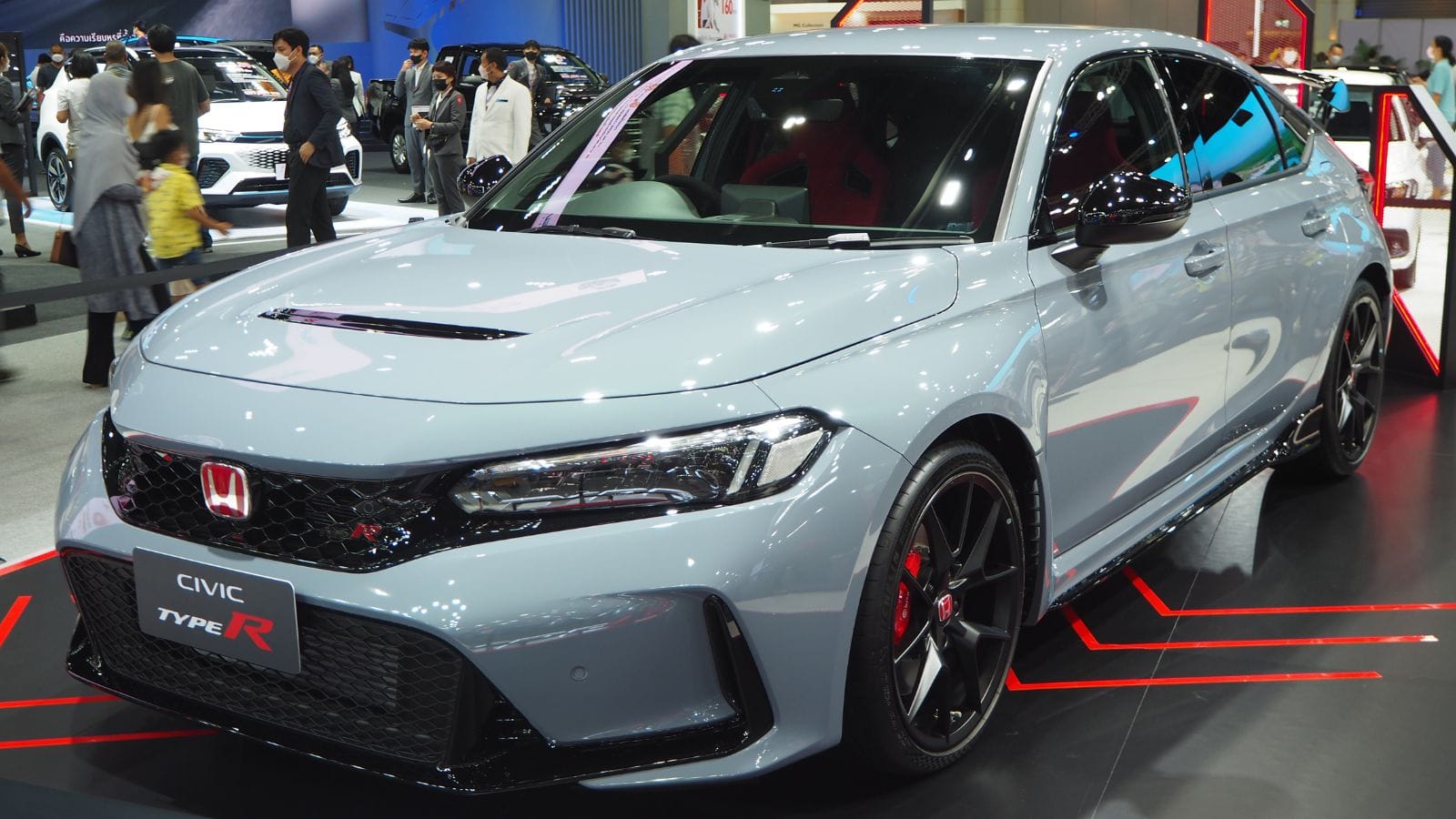
When the Civic Type R finally arrived in North America, enthusiasts rejoiced. With over 300 horsepower, wild styling, and genuine track ability, it became a halo car for the Civic line. Canadians quickly embraced it, both as a collector’s piece and as a modern performance legend. It showed that Honda still knew how to build cars with fire in their veins.
Honda Insight (1999–Present)
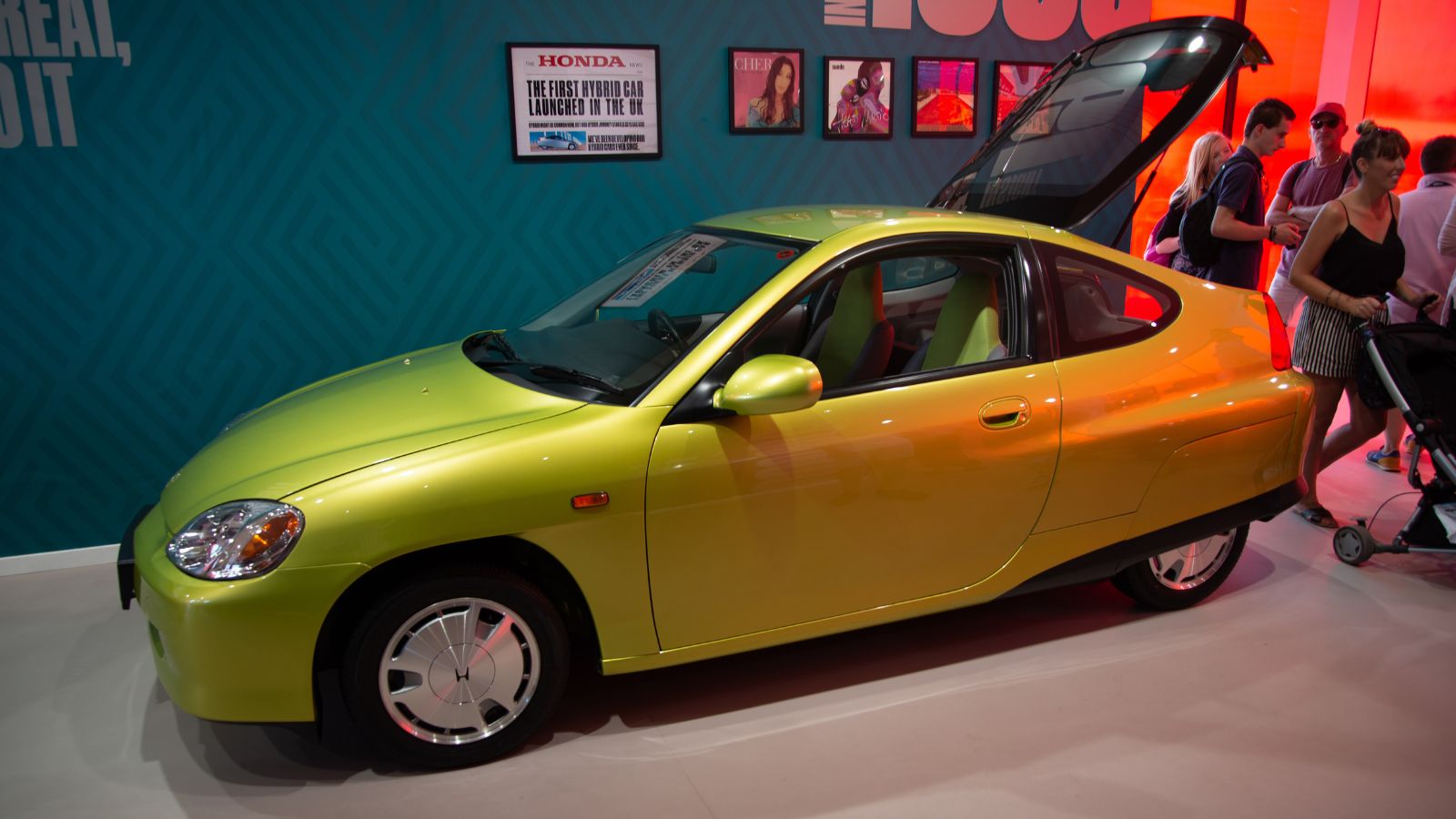
Honda was ahead of the curve with the Insight, the first hybrid sold in North America. The original Insight, with its teardrop design and aluminum body, was futuristic and eco-friendly long before hybrids became mainstream. While sales were limited, its legacy as a pioneer is undeniable. Later versions became more practical, but the first Insight remains a symbol of Honda’s willingness to innovate.
Honda CR-V (1995–Present)
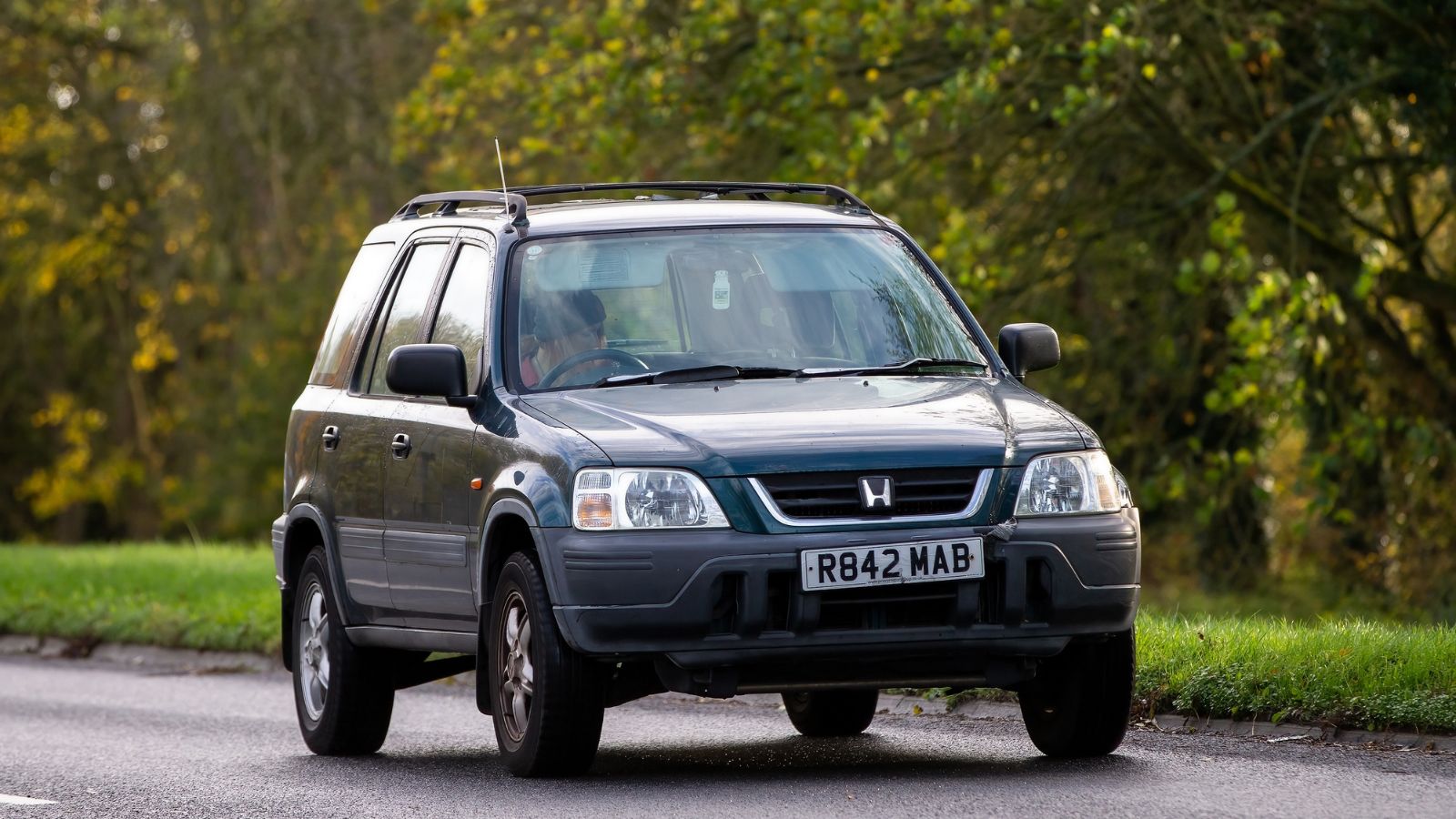
The CR-V has been one of Canada’s most popular SUVs for good reason. It balances efficiency, practicality, and reliability in a package that works perfectly for families. With all-wheel drive, it handles Canadian winters with ease, and its reputation for low running costs keeps it at the top of sales charts. For many buyers, the CR-V was their first SUV, and it has remained a trusted companion for decades.
Honda Accord Coupe (1988–2017)
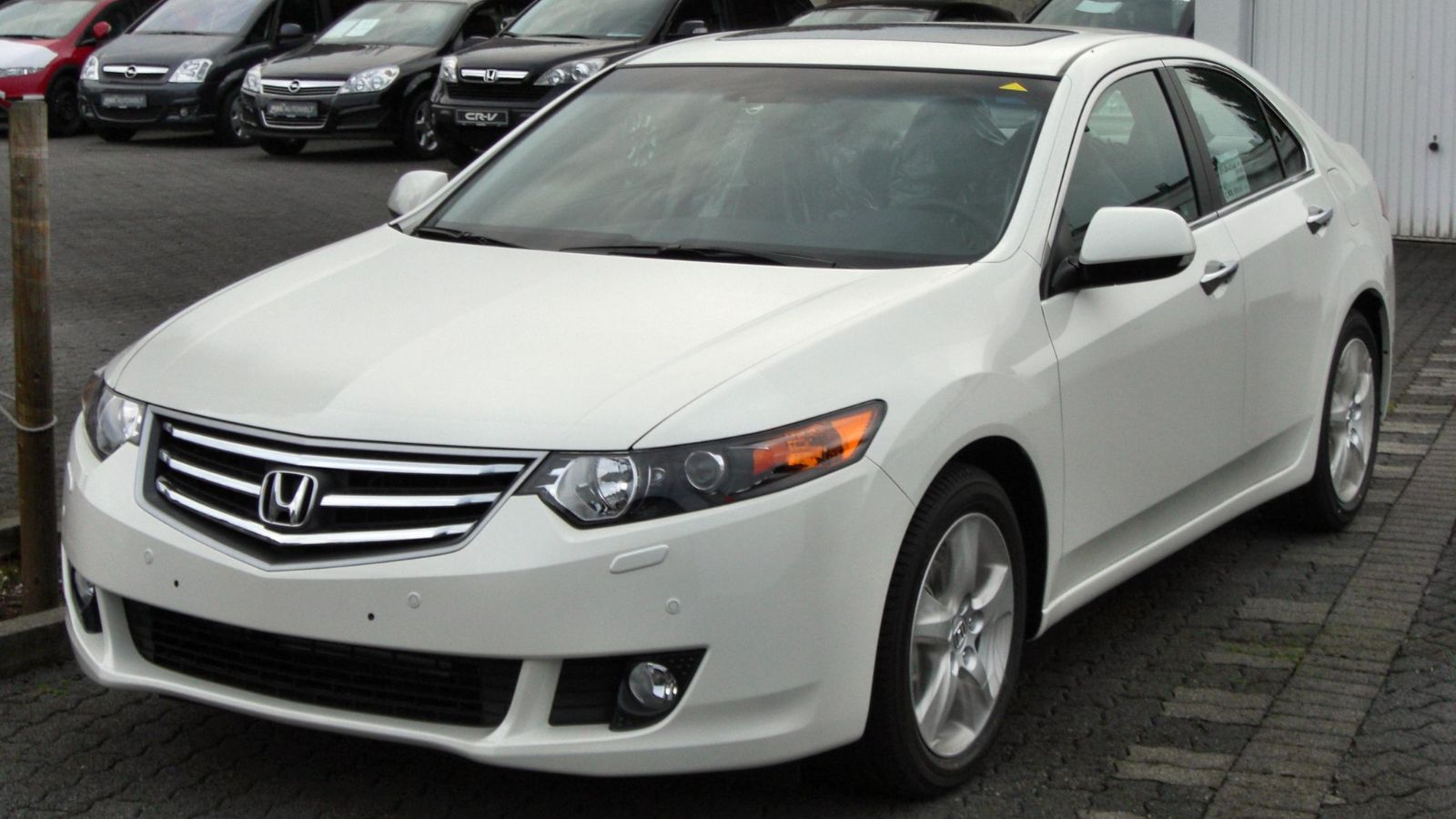
The Accord Coupe combined the practicality of the Accord with sleeker styling and sportier performance. For years, it stood out as a midsize coupe option when many rivals disappeared from the market. Canadians who bought one often held onto it for years, appreciating the mix of comfort, power, and Honda reliability. It may be gone now, but it still has fans who wish Honda would bring it back.
Honda Prelude SH (1997–2001)
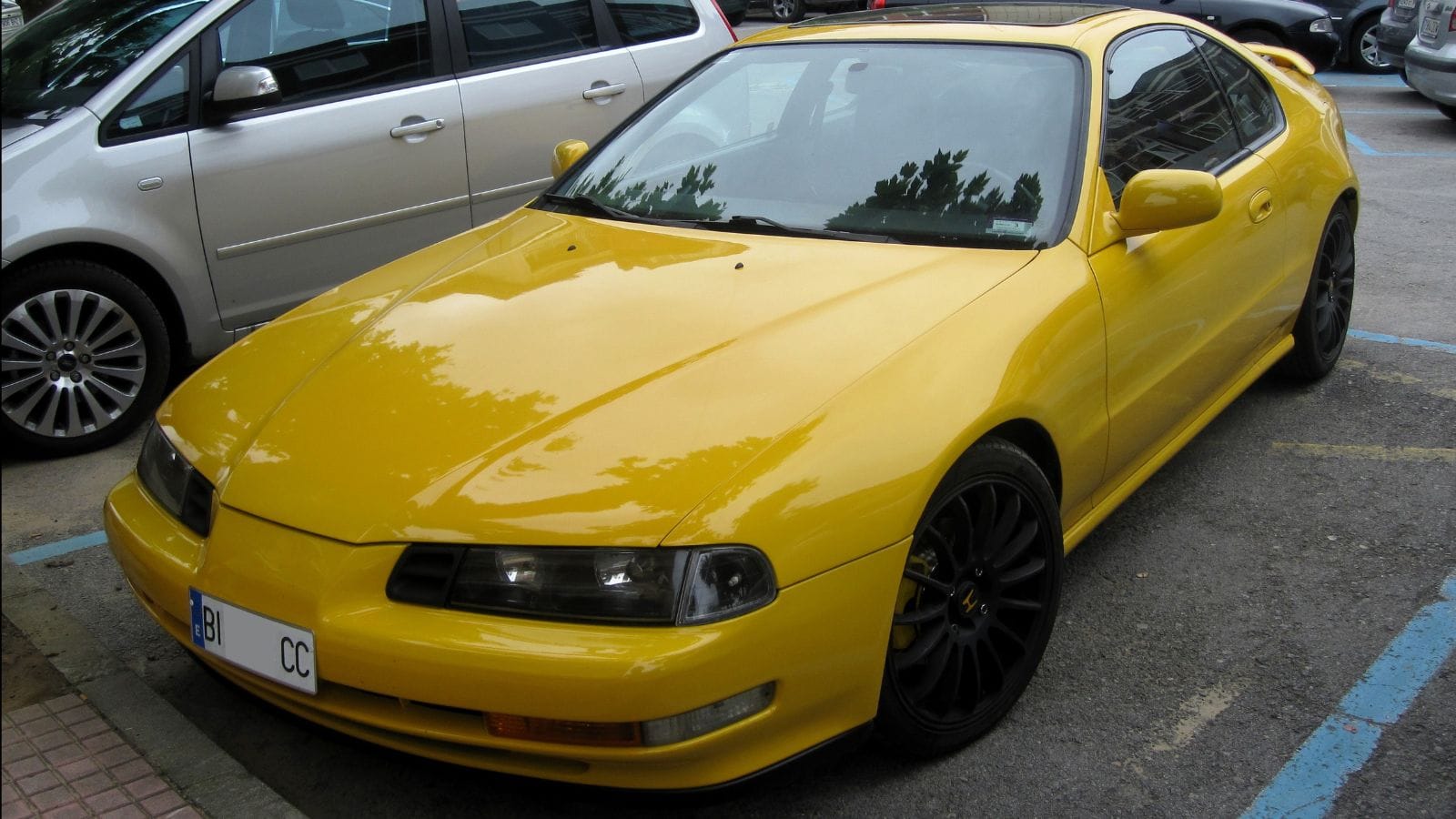
While the Prelude already had a strong following, the SH trim added Honda’s Active Torque Transfer System, which improved cornering grip and control. This was pioneering technology in the late 1990s, long before torque vectoring became a common phrase. For Canadian enthusiasts who loved twisty roads, the SH made the Prelude a genuine driver’s car.
Honda Clarity (2016–2021)
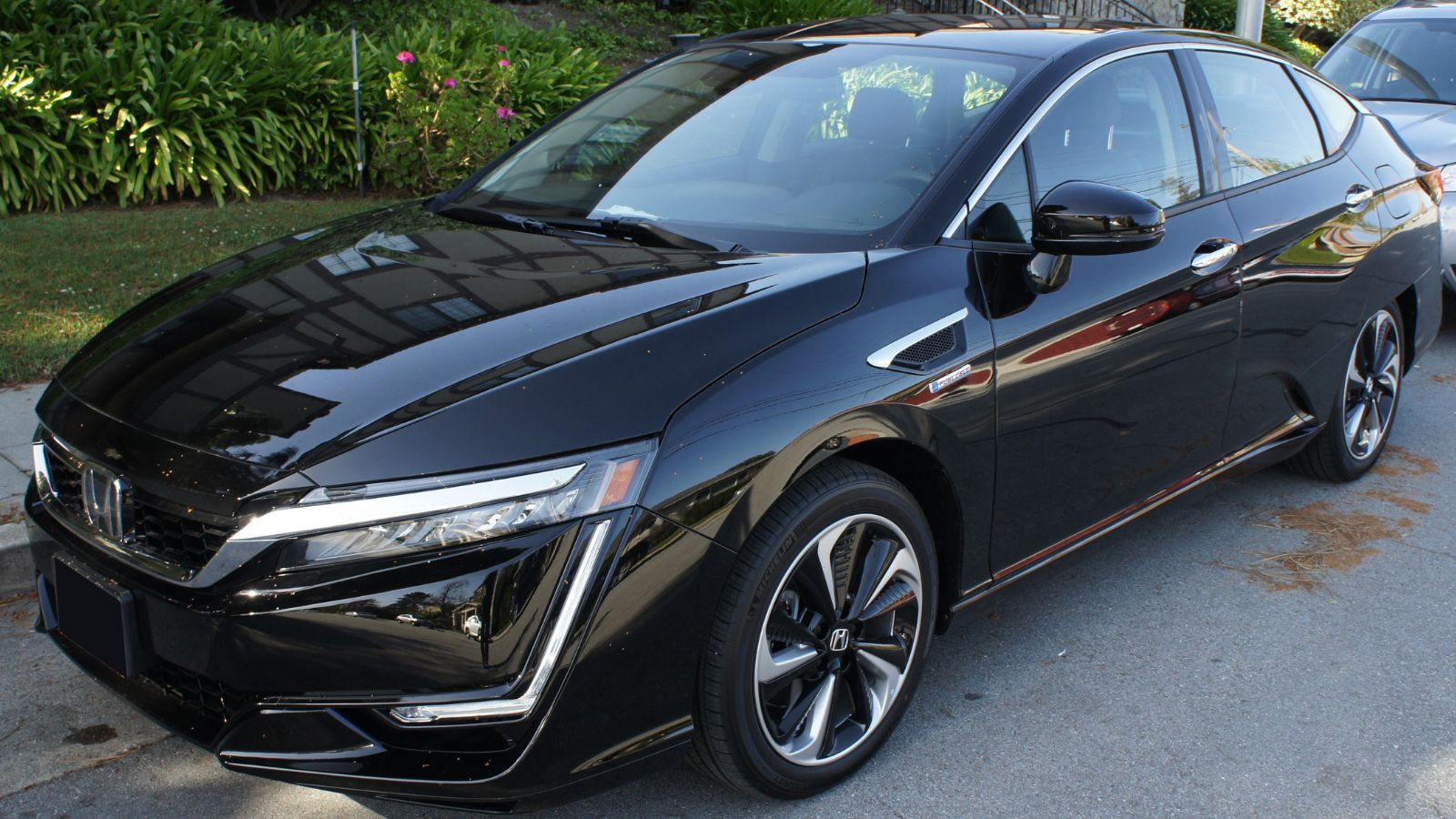
The Clarity wasn’t a sales hit, but it was important. Offered as a plug-in hybrid, a hydrogen fuel cell vehicle, or a pure EV in some markets, it was Honda’s experiment in alternative energy. While niche, it showed Honda’s forward-looking approach and willingness to invest in multiple paths to sustainable driving. In Canada, the plug-in hybrid version found fans who wanted efficiency without giving up range.
25 Facts About Car Loans That Most Drivers Don’t Realize

Car loans are one of the most common ways people fund car purchases. Like any other kind of loan, car loans can have certain features that can be regarded as an advantage or a disadvantage to the borrower. Understanding all essential facts about car loans and how they work to ensure that you get the best deal for your financial situation is essential. Here are 25 shocking facts about car loans that most drivers don’t realize:
25 Facts About Car Loans That Most Drivers Don’t Realize
